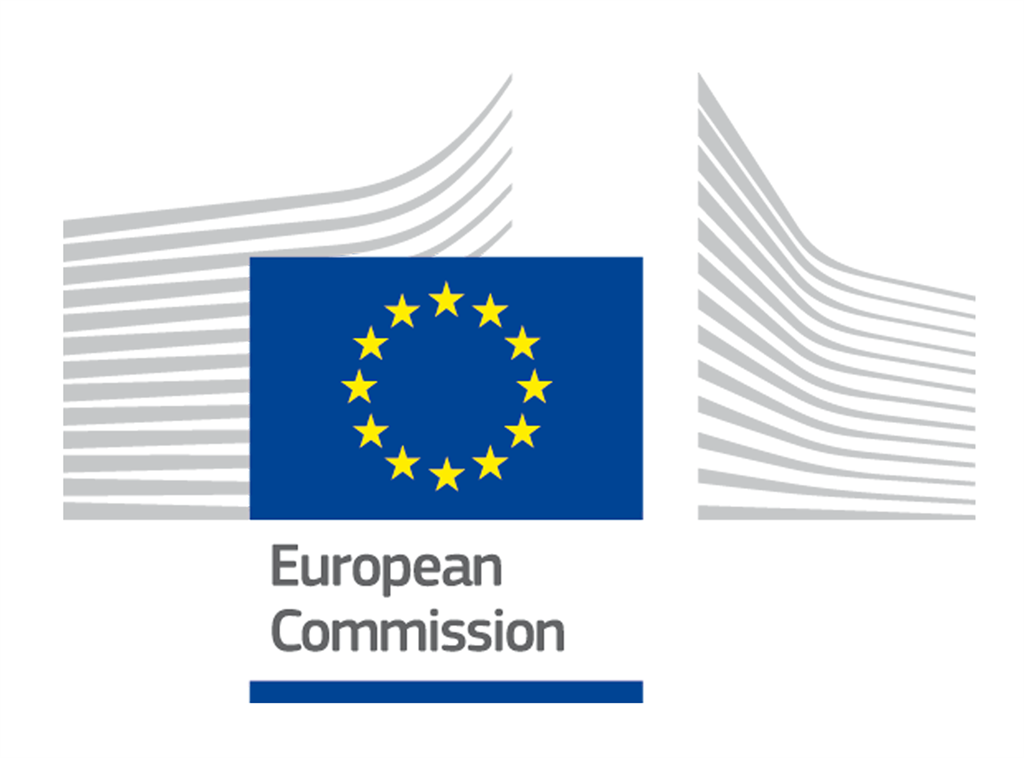Community / Land projects / Securing Climate-Resilient Sustainable Land Management and Progress Towards Land Degradation Neutrality in the
Securing Climate-Resilient Sustainable Land Management and Progress Towards Land Degradation Neutrality in the

€4892990.699
09/23 - 09/23
Completed
This project is part of
Implementing Organisations
Donors
Data Providers
Objectives
To secure critical ecosystem services through climate-resilient sustainable land and coastal management contributing to Land Degradation Neutrality in the Federated States of Micronesia
Other
Note: Disbursement data provided is cumulative and covers disbursement made by the project Agency.
Target Groups
The socio-economic benefits in the project will be observed at the individual (household level) as well as at the collective community level for economic groups like farmers, fishers and forest dependents as follows: At least 4,516 people (50% women) living, in and around the 5 demonstration marine areas will directly benefit through improved natural resource use, sustainable agriculture and fisheries activities, agroforestry, diversified livelihood improvements, value chain development and improved ecosystem services. Improved conservation of terrestrial and marine seascapes and their watersheds, wetlands, marine habitats, fisheries and community production practices will enhance the ecological value of the respective ecosystems for community benefits. Implementation of strategies and mainstreaming of sustainable resource use via the community organizations will result into sustainable practices in agriculture, fisheries, marine resource use, tourism and value chain products and services. This will collectively result in better conservation and livelihoods outcomes; Improved access to basic goods and technical services, technology and improved agriculture, fisheries, waste management and marine resource use practices, as well as diversification of livelihoods including tourism and resource-based products will ensure more livelihood options and better prices and income. The focus on addressing gender inequality wherein various initiatives, such as promotion of alternative livelihood options, participation of women in various local conservation committees are proposed. The project envisages more gender equality in context of sex ratio, decision making powers, ownership and control on marine sources and women leadership as well as participation; A reduction in the resource use conflicts and increase in effective implementation of sustainable resource use practices. Incremental funding through sustainable agriculture and resource measures will protect critical biodiversity hotspots and provide for improved and diversified livelihoods and incomes and a sustainability of such investments beyond the life of the project; Incremental funding through new and innovative financial measures will protect critical ecosystems and provide for improved and diversified livelihoods and incomes and a sustainability of such investments beyond the life of the project; Stable or improved populations of native species and improved environments will greatly enhance visitor experiences for increasing potential for ecotourism and community financial benefit.



